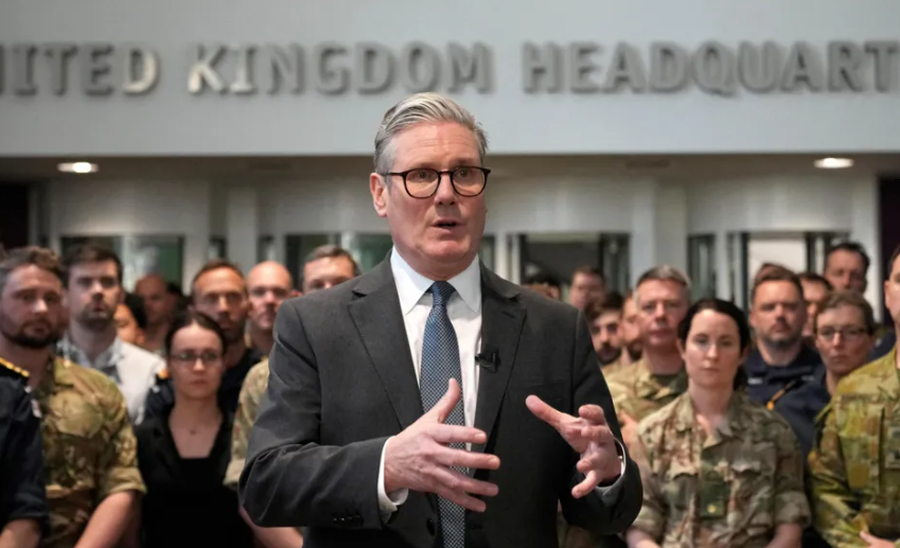
British Prime Minister Sir Keir Starmer's plan for an international force to support a possible ceasefire in Ukraine has been rejected by President Donald Trump's special envoy.
According to foreign media, Steve Witkoff said the idea was based on a "simplified" notion of the UK Prime Minister and other European leaders who, according to him, thought "we should all be like Winston Churchill."
In an interview with pro-Trump journalist Tucker Carlson, Witkoff praised Vladimir Putin, saying he liked the Russian president.
"I don't consider Putin a bad guy," he said. "He's super smart."
Witkoff, who met with Putin 10 days ago, said the Russian president had been "compassionate" and "direct" with him. He added that Putin told him he had prayed for Trump after an assassination attempt on him last year. He also said Putin had commissioned a portrait of the US president as a gift and Trump was "clearly moved by it."
During the interview, Witkoff repeated various Russian arguments, including that Ukraine was "a fake country" and asked when the world would recognize occupied Ukrainian territory as Russian.
Witkoff is leading U.S. ceasefire negotiations with Russia and Ukraine, but he was unable to name the five regions of Ukraine annexed or partially occupied by Russian forces.
He said: "The biggest issue in that conflict is these so-called four regions, Donbas, Crimea, you know the names, and there are two others."
The five occupied regions are Luhansk, Donetsk, Zaporizhzhia, Kherson and Crimea. Donbas refers to an industrial region in the east that includes most of Luhansk and Donetsk.
Witkoff made several claims that are either untrue or controversial:
He said that Ukrainian troops in Kursk were surrounded, something denied by the Ukrainian government and unconfirmed by any open-source data.
He said that the four partially occupied regions of Ukraine had held "referendums where the overwhelming majority of people have shown that they want to be under Russian rule." Referendums were held in only some of the occupied parts of Ukraine at different times, and the methodology and results were widely discredited and disputed.
He said that the four partially occupied regions were Russian-speaking. There are many Russian-speaking parts of Ukraine, but this has never shown support for Russia. (A2 Televizion)











